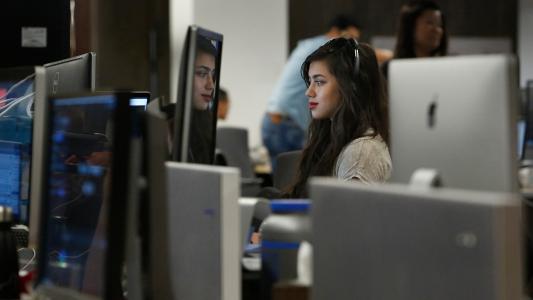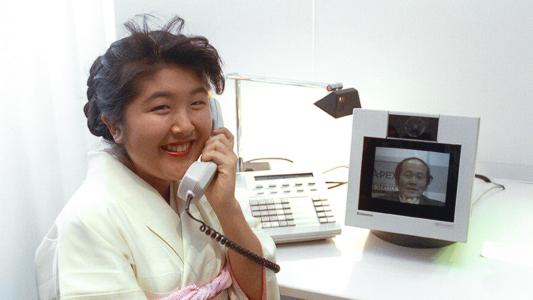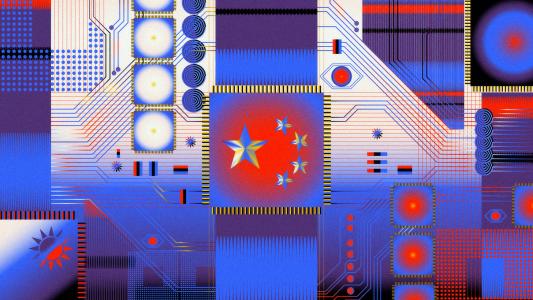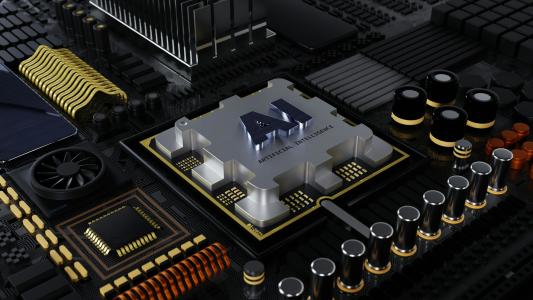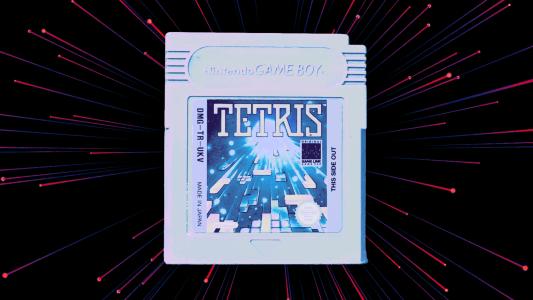Computer Science
Has AI made “learn to code” obsolete?
Freethink talks to the creator of the world's most popular AI coding assistant to find out whether learning to code is still worthwhile.
Skype is dead. Here’s why it almost wasn’t born.
Threatened by their low cost, traditional telephone companies tried to get long-distance internet phone services banned in the 1990s.
All PCs will be AI PCs “pretty soon,” says Intel exec
Manufacturers are now equipping their PCs with the hardware needed to run the latest AI applications locally. Here's what that means for you.
Silicon chips are no longer sustainable. Here’s what’s next.
To take our tech to the next level, we need a more energy-efficient semiconductor. Gallium nitride could be it.
Is this the biggest industrial espionage campaign in history?
The cat-and-mouse game between China and the world’s semiconductor companies is already having enormous consequences.
Replit CEO Amjad Masad on bringing the next 1 billion software creators online
Freethink spoke with Masad about the future of software development, the outsized power of Silicon Valley, and the absurdity of the AI extinction theory.
Microsoft’s “parallel bets” strategy won the PC Wars. Will it work for AI?
Microsoft made parallel bets to make sure they held their OS lead. They'll do the same for AI — will it work?
Pager panic: When beepers were infiltrating schools
Cities and schools once actually arrested students for carrying this dangerous technology.
“Cybersecurity shortage” could reach 85 million workers by 2030
The global talent shortage could reach 85 million workers by 2030, causing approximately $8.5 trillion in unrealized annual revenue.
With inspiration from “Tetris,” MIT researchers develop a better radiation detector
A new detector system based on the game “Tetris” could enable inexpensive, accurate radiation detectors for monitoring nuclear sites.
